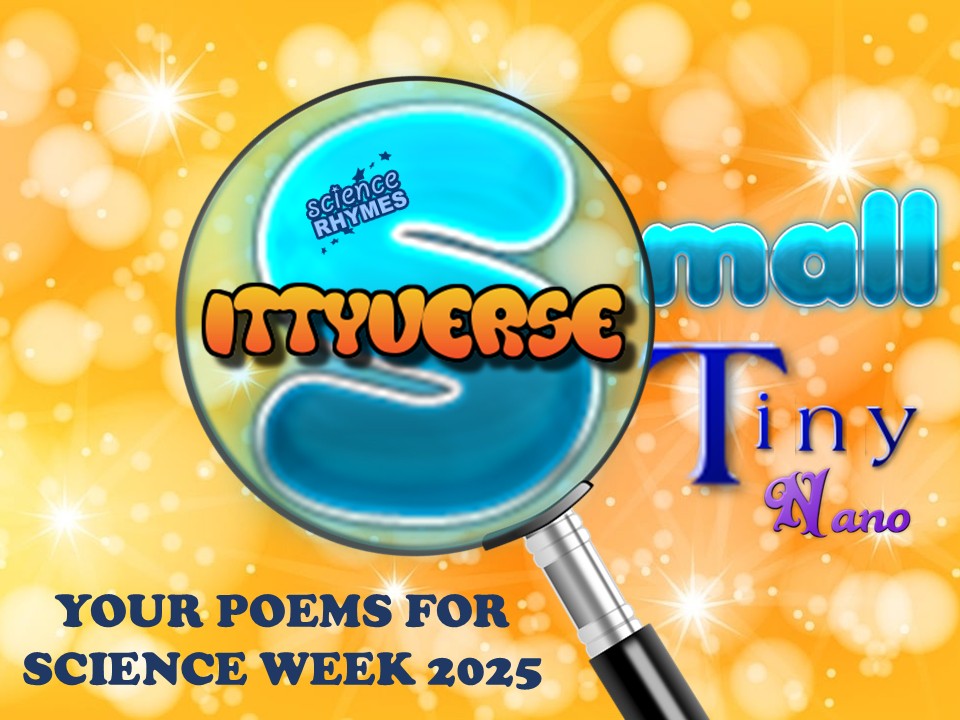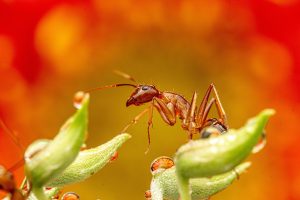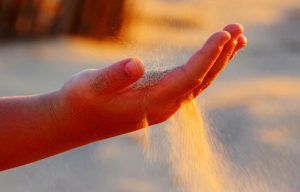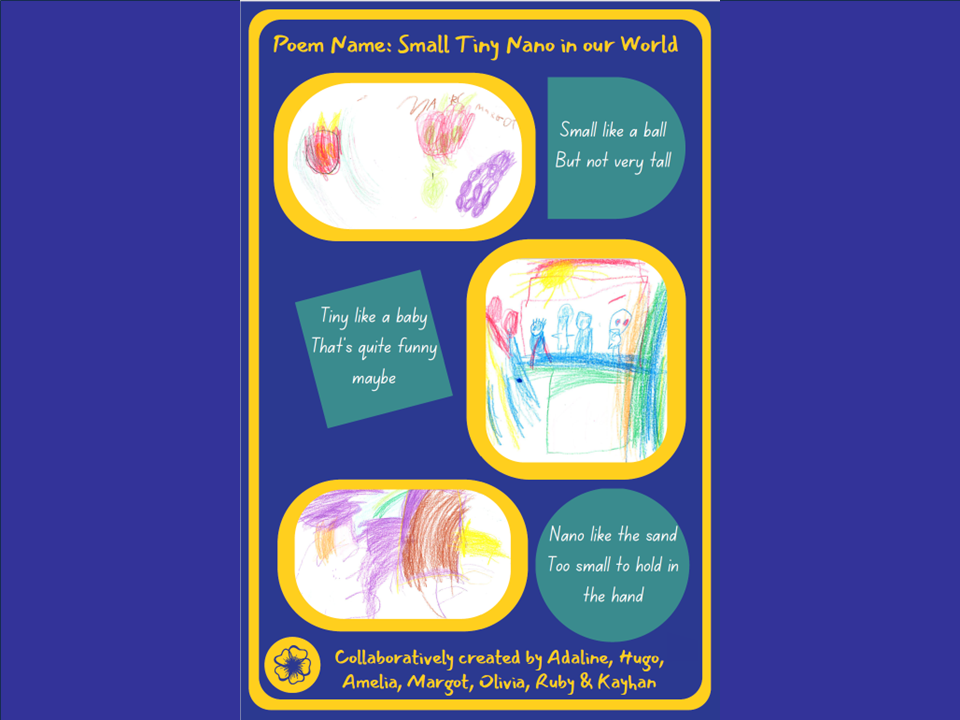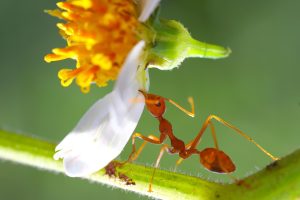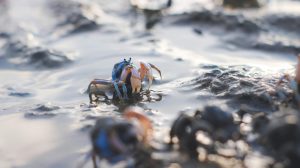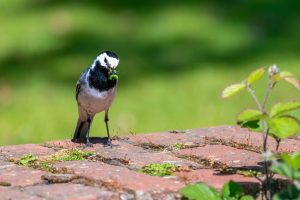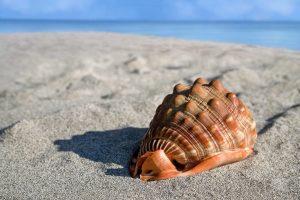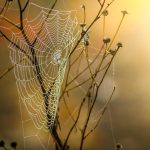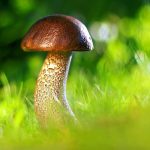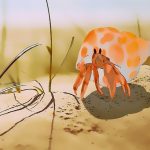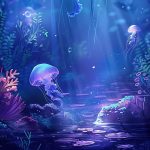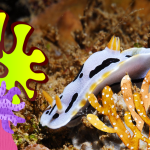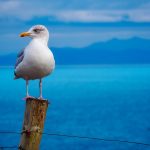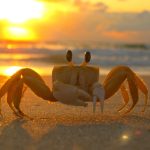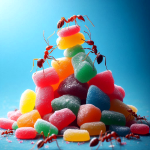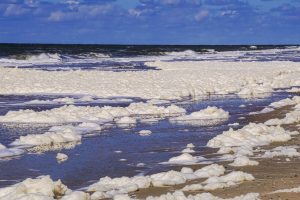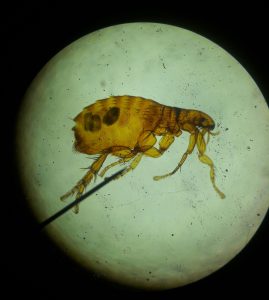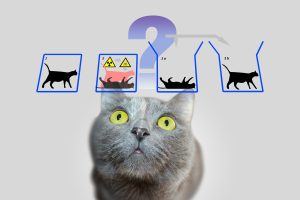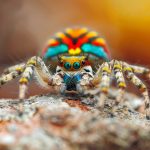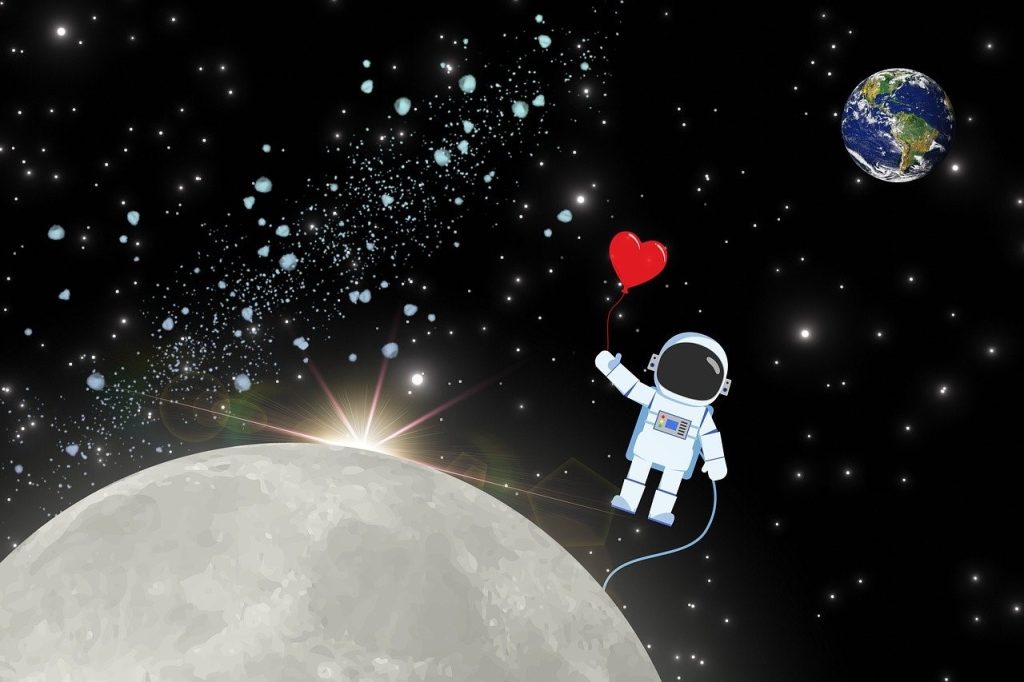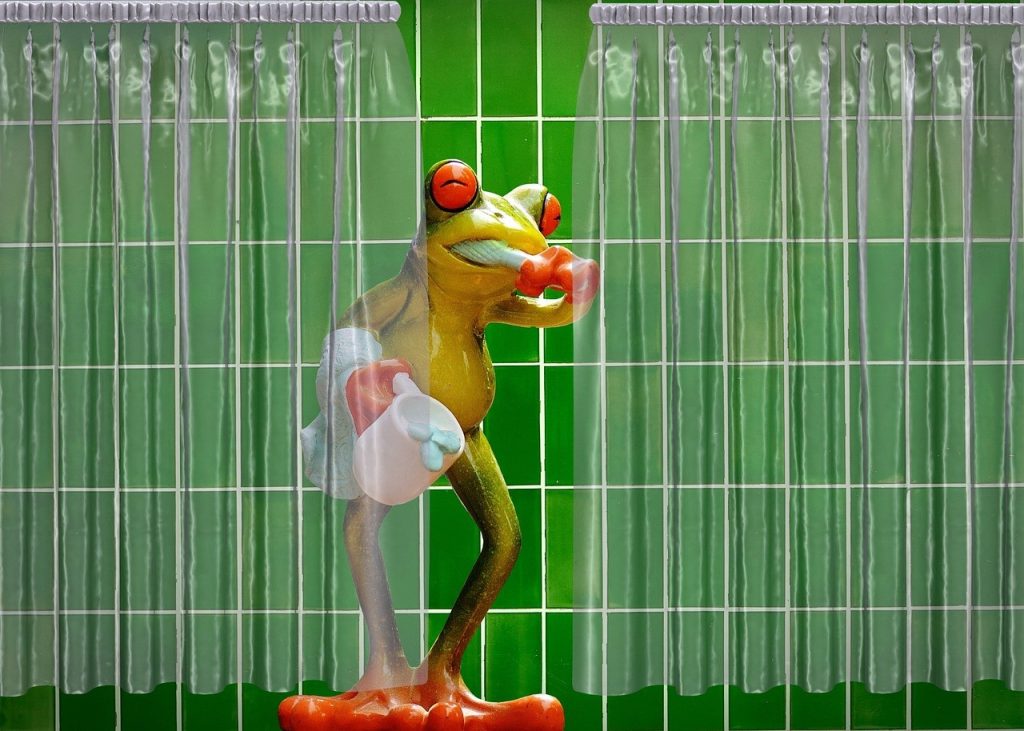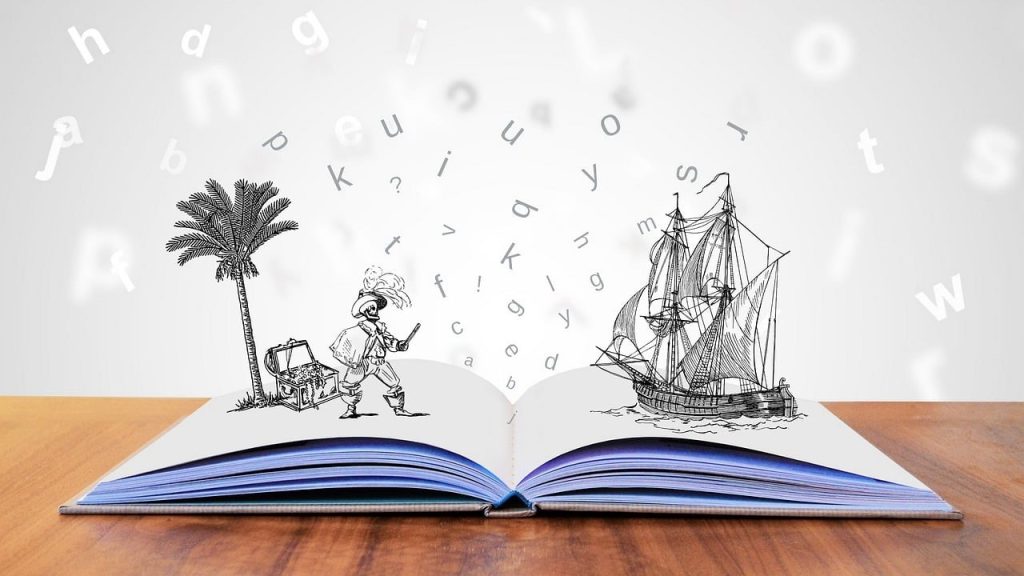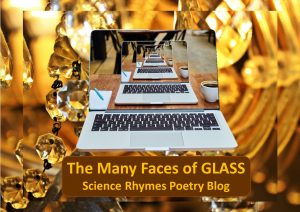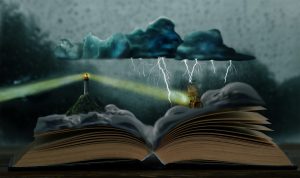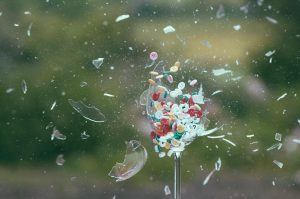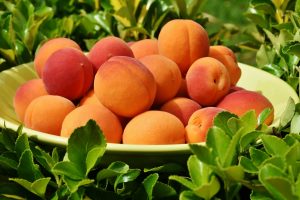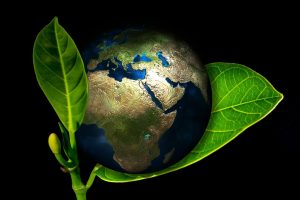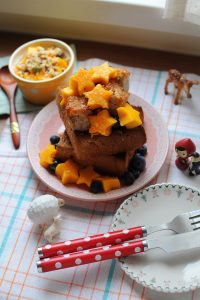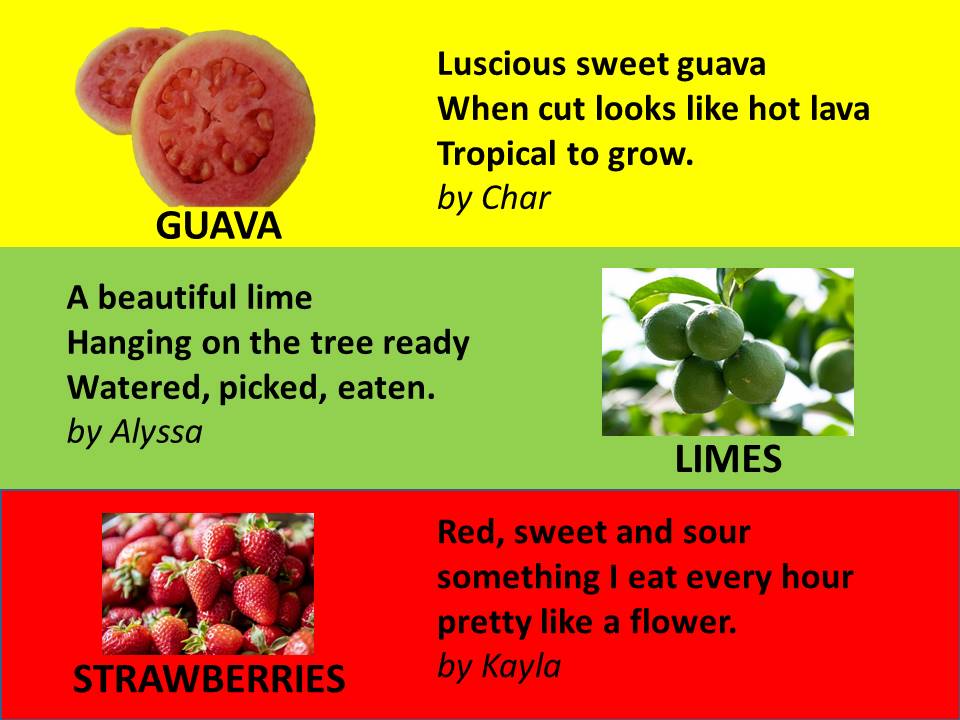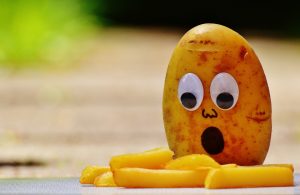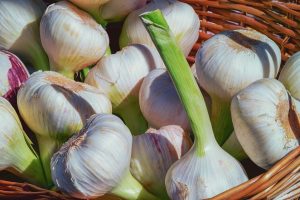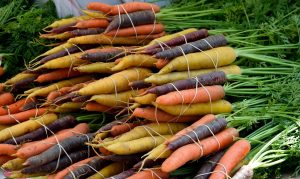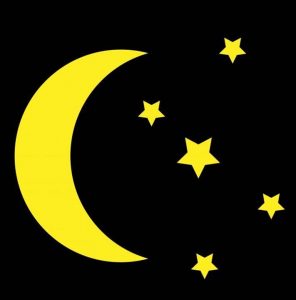
Thanks to everyone who submitted a poem about the Sea to share. We are celebrating, National Science Week with our OCEANS OF POETRY from EVERYONE – not just school students.
Here is the final wave of poems:

Pacific by Callum
(Adelaide Botanic High, SA)
Crystal clear waves dance on the surface
Crashing and tumbling as they go.
Falling upon the shore,
And moving to and fro.
Beneath the shifting landscape
A storm is brewing,
A bountiful home for life,
A system self-renewing.
In the Abyss
Rests a memory of innovation.
A gentle giant gone amiss,
A reclaimed salvation.
This place of elegance,
Is also a place of power,
Moving millions of tons
In a fraction of an hour.
Grinding away at the cliff,
Stealing the rock and sand.
Crash and smash, swish and swirl,
Whisking away the land.
How alluring is the sea,
With all its quirky features.
It’s nature’s tidal dance,
And a home for many creatures.
The ocean’s beauty,
Now returns to the deep
Where it lives and it thrives,
And can finally sleep.

How wonderful oceans can be! by Madeleine
(Iona Presentation College, Mosman Park, Western Australia)
Oh, the oceans, how wonderful they can be!
A deep world full of mysteries, so let’s go on and see.
Two thirds of our Earth is covered by seawater,
Full of creatures, some larger some smaller.
Artic, Southern, Indian, Atlantic and Pacific,
The oceans that surround our countries, are so terrific!
They help to keep the climate steady,
And to keep them healthy we must all be at the ready.
Unfortunately, the ocean is full of the wrong stuff,
Full of litter, because people don’t care enough.
People don’t get how wonderful the ocean could be,
If only they understood, it needs to be litter-free.
The ocean is a place like no other,
Full of creatures who interact with one another.
They live and create a miraculous place,
That we as humans should appreciate!
Oh, the oceans, how wonderful they can be!
A world full of mysteries, deep under the sea,
There, now you have it, I’ve presented my case,
The oceans truly are a wonderful place!
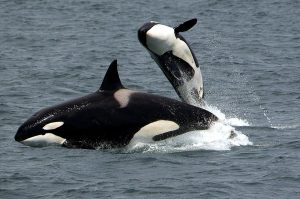
Deep Blue Ocean by Luca
(Sandringham East Primary School, Victoria)
Orcas live in the ocean
They have white and black coloured skin
The beautiful ocean is their home
Where they sleep and play and swim.

Ocean Waves by Anna
(Sandringham East Primary School, Victoria)
Waves are floating free
in the big dark sea.
Sharks are looking for their prey
and fish are swimming away.
Dolphins are having fun with the waves
and making lots of shapes.
The Sun is rising fast
and the kids are having a blast.

Deep Blue by Imogen
(Sandringham East Primary School, Victoria)
Deep and peaceful
the ocean laps against the sand
Blue fish and coral,
the waves meet the land.
Bright light on water
whirls through my head
I wish I was there
and not in bed.

The Ocean From a Dolphin’s View by Kaushika
(Parramatta High School, NSW)
As I dived underwater I came to a halt,
What I saw, wasn’t just water with salt,
What I was viewing was spectacular scenery,
Colourful corals and amazing anemones,
As I moved further along, a colossal fish,
Seemed to be having krill as his dish,
But the creature I saw was a mammal, like me,
A whale that weighed tons, I know you’d agree
Colourful fishes, in all shapes and sizes,
Wherever I looked was a sea of surprises,
From purple to blue and orange to green,
Some large, slow but agile, or miniscule, lean,
Other sea creatures I found in that spot
Were clown fish inside their anemone cot,
Unlike sea grasses, all corals are animals,
Who would have thought …
Elegant and admirable!
Like what Mr Columbus has once said
“The sea will grant each man new hope,
and sleep will bring the dreams of home.’’
This gorgeous place is home to me.
I swam back to my dolphin family.

My Unexpected Voyage! by Vinaya
(Parramatta High School, NSW)
Sea water rippled through my fingers,
As I stared at a crab that slowly lingered.
I have lost my way, like some people do,
I have lost my way under ocean blue!
Anemones, seaweeds, reefs, and corals
Produce a magnificent show of florals,
Filled with many fish as well,
Fish with bright colours and fish that swell.
I gasped at their sight as some seaweed drowned.
While others decided to float around.
Fish swifted by, corals swayed side by side.
And that’s when it struck me! I realised.
I’m lost on our treasured Great Barrier Reef!
Phew! At last! A sign of relief!
But now, I want to remember a lesson,
Our world is suffering, this I must mention
and we are the cause. Yes, we! Me and you!
Our reef is a victim of spoilage too.
We need to act as the cops of the ocean;
It’s up to us all. We must take action!
I learnt this lost under ocean blue
And somehow I hope that you did too!

Océan by William
(Bonnyrigg High School, NSW)
The Ocean covers three-quarters of the Earth
Our mother – the place of our birth
But our thirst we cannot quench
Down in the Mariana Trench
Down where the pressure is crushing
Down where the creatures are rushing
Their beacons in the blackness for all to see.
The wide dark land for me!
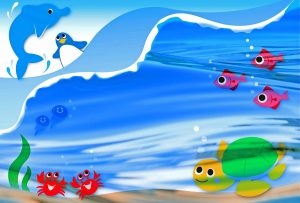
Sea-Creature Action by Fin
(Footscray Primary School, Victoria)
Sharks kill
Urchins spike
Jellyfish sting
Sea snakes bite
Dolphins Jump
Hermit-crabs shuffle
Crabs pinch
Turtles nibble
Whales migrate
Otters Dive
Penguins catch fish
Happy, alive.
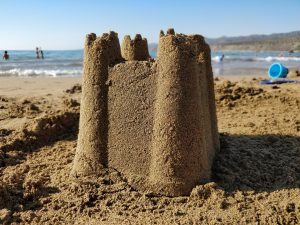
The Greatness of Sand by Sonam
(Chevallum State School, Sunshine Coast, Queensland)
Oh Sand, oh Sand, how soft you are!
On my feet, I feel you like a cushion.
Oh Sand, how wide, you are,
You hold my toes and you hold the ocean.
Oh Sand, how strong you are,
Cooked in fire to make my glass bottle.
Oh Sand, how fun you are,
I pile you up to make my sand castle.

Seahorses stand upright
hiding in the blades
as the current passes
Rock fish
dart in and out
staying close to home
Feet expanding
the Sea stars move slowly
in search of urchins
Jellyfish squeeze
propelling forwards
pushing out jets of water
Nibbling algae on the holdfast
crabs scurry
protected by the forest
Through the gnarled seascape
Sharks zigzag
stalking angry Seals
The Giant Kelp Forest
a nursery for the young
a protector of sea life
Standing tall
a marine fortress

Sea urchins aren’t fish,
They’re an invertebrate,
They are omnivores,
Sea floor their real-estate.
They come in many colours,
Mainly round and spiky,
Sensitive to light and touch,
The hedgehog of the sea.
They move around slowly,
But on their underside.
Are five paired rows of feet,
Which within the spikes hide.
Amongst their predators,
Are crabs, wolf eels, sea otters,
Trigger fish and humans,
A favourite food of lobsters.
Sea urchins may look frail,
With long spikes extended,
A vision delicate and beautiful,
As nature had intended.

The Turbulent Sea by Madonna George
(Yeppoon, Queensland)
The angry sea, a storm in the night
shaking the corals and clams with fright,
stirring the sand and scattering shells
until waves subside, and all is well.
Published 6th August 2020
Drifting past, is a raft of ACROSTIC poems by Year 1 and Year 2 students from Sandringham East Primary School, Victoria:
LIGHTHOUSE by Harvey

BLUE OCEAN by Scarlett
B lue whale
L ively fish
U nder water
E ndless waves
O n a rocking boat
C rabs scurry
E ating seafood
A shipwreck on the sand
N ever want to leave
Coral, That’s Us by Adeline
C reatures underwater use me as food,
O ver in a submarine you can still see me,
R eefs, we are in,
A nimals, we are not plants,
L ook at me, I am coral.
OCEAN by Isla
O n the rocks snappy little crabs scuttle.
C olourful coral grows in a rainbow of colour.
E xcited divers learn about sharks.
A ll the interesting fish glide through the water.
N ature is different down this deep.
OCEAN by Rose
O cean waves lapping at the sand.
C urious creatures investigating new foods.
E choes bouncing from the bottom of the sea.
A stounding, amazing, light blue water.
N oisy boats whizzing around like crazy leopards.
SHARK by Shivaa
S ea lions swim underneath the cold arctic water
H ands of people lay on the sand
A sting from box jellyfish can kill
R ockpools have starfish that we can spot
K iller whale can eat sharks
Shades of Blue by Faith
O pen seas
C reatures big and small
E ndless waves
A mazing coral reefs
N othing but shades of blue
published 31st July 2020:
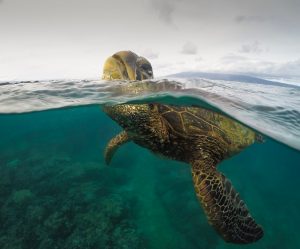
A Turtle Meditation by Lucas
(Calvin Christian School, Kingston, Tasmania)
Drifting away, feeling free,
I float over waves as calm as can be.
No worries in life can trouble me
away from the shoreline, upon the sea.

In and Out by Fraser
(Calvin Christian School, Kingston, Tasmania)
High tide and low,
Changes every half a day,
This poem is about,
The ocean so if I may,
I’ll tell you about tides,
And all that they do,
Hopefully people will learn,
As well as you,
Like most things on earth,
The tide goes in and out,
So the whole galaxy can hear you,
You should probably shout,
The truth is that the moon makes,
The water rise and fall,
There is no exception,
It happens to all,
Pattering against the shore,
Waves come and go,
This is because of the tide,
Both high and low,
It sweeps boats out far,
Or fills an empty bay,
High and low tide happens,
Twice every day,
The tide is made,
Because of the moon,
Its gravity pulls water,
It’ll happen again soon,
Thank you for listening,
Making this has been fun,
Although no regrets,
Know that I am now done.

Amazing Oceans by Charlotte
(Sandringham East Primary School, Victoria)
Oceans, oceans everywhere
Calm and rough, you never know.
Billions of creatures call it home
where dolphins and colourful coral grow.
Amazing, unbelievable, cool.

Pinniped Seals by Isobel
(West Footscray Primary School, Victoria)
A seal is grey, fat and furry
It has big dark black eyes
It lives in the deep, dark blue ocean
Where it’s cold, icy and quiet
It dives into the water
Twirling, twisting and swaying
Flipping its flippers and fin-foot
happily kicking and playing.

Sea Creatures Rhyming Acrostic by Class KJ
(Sherwood Grange Public School, Merrylands, NSW)
Octopuses gliding slowly in the sea
Crabs crawling sideways in fear
Eels making body waves to set them free
Amazing sea creatures for us to see
Narwhal’s pointy tooth is like the top of a tree
Shrimps have tiny black eyes with which to see

The Deep Sea by Tara
(Sherwood Grange Public School, Merrylands, NSW)
The corals swish back and forth
The fish swim side to side
The murky sea is flowing
The waves go up and down
The crabs are clapping

The Mysterious Ocean by Zakaria
(Sherwood Grange Public School, Merrylands, NSW)
The mysterious ocean
reminds me of a blue potion.
Beneath, lurks lots of creatures
with exquisite and unique features,
Above the surface we see crashing waves
that create salty foam which slowly fades.
The lower we go, the more curious we grow
to learn what really lurks deep down below.
No longer a bright blue potion,
but now a very dark ocean!

Secrets of the Sea by Taylor
(Sherwood Grange Public School, Merrylands, NSW)
As I journey to the sea
I smell the fresh breeze close to me
Walk down to the beach and take a seat,
I feel the sand underneath my feet.
Looking out to the sea
The energy of the waves is calling me.
I dive into the ocean blue.
Will I discover something new?
Looking down beneath the sea
I see a crystal as blue as can be.
Picking it up, I already knew
The ocean is coming home with me too.
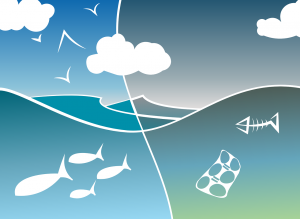
A Deep Blue Problem by Elianna
(Sherwood Grange Public School, Merrylands, NSW)
We are killing our marine life out there
And sadly some people don’t seem to care.
Our pollution wraps around necks, tails and fins.
Those animals suffer and no one wins.
Creatures are dying from ocean pollution
We really do need a lasting solution.
So use less plastic and think of my rhyme.
We can save our oceans, one piece at a time.
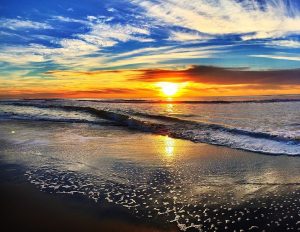
True Beauty by A’isha
(Sherwood Grange Public School, Merrylands, NSW)
In the light of day …
Its waves convey an icy chill
Through foaming spray,
While thunderous waves
Rush to the shore,
Then peacefully roll away.
As the Sun goes down …
The ocean receives
The burning Sun, about to leave.
Then gradually comes the night,
Devouring that glorious, glowing light.
published 21st July 2020:

At the edge of the Ocean by Falak
(Barton Primary School, Cranbourne West, Victoria)
The waves whisper in my ear,
Calling me to the soft sand.
The water sweeps over my feet,
And surrounds where I stand.

Ocean’s Drift by Ibrahim
(Barton Primary School, Cranbourne West, Victoria)
We are the ocean
where life was first chosen.
But now it rains plastic
which isn’t fantastic.
Put yourself in our seas
and see how it feels.
We’re starting to choke
and this is no joke.
We’d like some respect.
Want to see the effect.
Please be the solution
and not the pollution.

Going Home by Clara
(Ripponlea Primary School, Melbourne, Victoria)
The skies were grey,
The sea was blue.
A stormy night
for the sea below.
The fish go home,
clams say goodbye
and turtles turn
to sleep and hide.
An octopus lay
in its comfy cave,
wondering if
its friend was OK.
It could hear her voice
loud and clear …
even though
it has no ears.

Pretty little starfish,
Colourful and great,
You’re really not a fish,
But an invertebrate.
You have a central disc,
Five arms typically,
Within the central disc,
Prey’s digested organically.
You’re sensitive to light,
Touch and temperature,
Your anatomy’s advanced,
Larger bait you can procure.
Enzymes help to digest,
Some of the bigger prey,
And due to this ability,
More food is on display.
Depending on your species,
Your lifespan will vary,
Ten to thirty odd years,
Of predators be wary.
You are the star of the sea,
Few others can compete,
Your shape known globally,
That’s very hard to beat.
published 21st July 2020:

The Cuttlefish by Cheryl Polonski
(Tarlo, NSW)
The cuttlefish is wrongly named, it’s not a fish at all.
It’s family is cephalopod. Now that’s a better call.
His cousins are the nautilus, the octopus and squid.
He has 8 legs, 2 tentacles and mouth that he keeps hid.
He is the only cephalopod with cuttlebone inside.
It’s porous structure filled with air, helps cuttlefish to hide.
A gas tank that’s nearby it, to adjust the buoyancy,
allows him to position, just right where he wants to be.
They all, intelligence display, on testing in a lab.
But what amazes me the most? Their camouflage is fab.
Their texture they can even change, papillae do this job.
The muscles make the skin poke up in nodules and knobs.
Chromatophores are ink-filled sacs with every colour known.
Their muscle-driven camouflage can make them look like stone.
When flexed, their striking colouring and patterns do express,
perhaps to hide from danger, or a female to impress.
So when the mating season comes, we see just what they’ve got,
displaying mottled patterning or fancy stripe or spot.
Bright colours now, of every hue will burst forth on their skin.
Fluorescent, neon, flashing lights, create a visual din.
But when two males compete for her, they have a mighty spar.
Non-violent shows light up the sea, to see who’s up to par.
Sometimes while this is going on, a small male will sneak in
and fertilise the female’s eggs. The big boys then don’t win.
Then off she goes to lay her eggs in underhangs and cracks.
But she will go away to die and won’t be coming back.
They do not eat in spawning time, their bodies soon grow weak.
Producing all their progeny is when they’re at their peak.
And when the little ones burst forth, from in their eggy home,
they look like little adults. On the ocean floor they’ll roam,
until next year when they return, to propagate their race.
They are the rock stars of the sea and they have earned their place.

Breathing through gills,
Seahorses are fish,
They live in salt water,
Change colour at wish.
Long snake like tail,
Helps them survive,
Holding onto sea weeds,
Reproduction can thrive.
Babies called fry,
Are born by the male,
They’re small and complete,
Understandably frail.
They are not nurtured,
But left on their own,
To fend for themselves,
Their future unknown.
Possessing long snouts,
They suck up their food,
Quite often copepods,
Larval fish they include.
They possess two eyes,
Which behave as four,
Each sees independently,
Meaning they can see more.
Their heads resemble,
That of a horse,
It’s why they are called,
A seahorse of course.

Walking sideways on the sand,
Which is what we crabs do,
Looking at the ocean,
Appreciating the view.
Peeking from our tunnels,
When it’s safe to roam,
Skittling across the sand,
Leaving our safe home.
Finding small morsels,
Bought in by the sea,
When we’ve had enough to eat,
We return back cautiously.

Ultra-black Fish by Sukarma Rani Thareja
(Associate Professor Retired, CSJM Kanpur University, India)
Ultra-black fish, Ultra-black fish
hide in plain sight in the deepest sea.
So how does it work, this trickery,
their magic invisibility?
Ultra-black fish, Ultra-black fish
have melanin, just like human skin,
but pigment structures found within
are packed so tight –
like a gumball machine –
that almost all light gets trapped right in.
By taking a lesson from fish-skin designs
we could make-up a pigment, right shape and size.
The blackest of blacks would be our prize
for material science that tricks human eyes!
published 12th July 2020:

Friends of the Ocean by Lavanya
(Kambrya College, Berwick, Victoria)
The bottle that you’re drinking from,
Is making all our oceans glum.
Alike, the cling-wrap on your sandwich,
Now that is seriously savage.
Today in your lunchbox, tomorrow in the seas!
All of them are crying out their pleas!
” THE GRIEF! THE GUILT! THE MISERY!”
” SEA-TURTLES ARE NOW HISTORY!”
Our plastics, chemicals, and negligence
Have prodded our guilty consciences.
Sea-life worldwide at death’s door,
This stretch of blue will be no more!
Starvation and food scarcity,
And don’t forget turbidity,
Chemical poisoning too,
Problems, these are only a few.
Disappearing are our food resources,
Pollution killing our small sea-creatures,
vital components of marine’s food chain.
Is Sea-life crying out in pain?
But the ocean is our mother, and we are its children.
We’ll be friends of the ocean and no longer villains.
So, SHARE THE SEA! SHARE THE SHORE!
For it is ours to nourish for evermore.

The Curious Unknown by Elizabeth
(Our Lady of the Sacred Heart College, Kensington, NSW)
The waves crash against the rocks
stumbling about like a teenager,
never knowing when to stop
those tireless tides of flows and knocks.
Carrying others everywhere it goes,
carefree about where it will lead.
A resting place or back for more?
With curious currents – who knows.
Mysteries of the deep adore
diving into endless questions,
searching for new answers,
surfacing each time with more.

Starfish by Deborah Kennelly
(Currumbin Waters, Queensland)
A Star fell from the sky tonight,
into the sea, still shining bright,
was washed by waves to the shore,
a shining light, it was no more.
Life is change – nothing stays the same
and so, a Starfish it became.
Left like treasure from sea to land,
now shining in the morning sand.
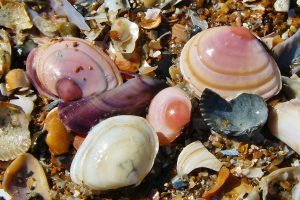
The Shell Graveyard by Deborah Kennelly
(Currumbin Waters, Queensland)
I walked along a windswept beach earlier today,
where broken, battered seashells lay strewn along the way.
Some were smashed completely, whilst others just a bit –
a shelly graveyard stretched for miles made up of this shell grit.
Then sighted partly buried, a perfect shell was found
among the broken pieces laying all around.
I wondered how it survived the same journey from sea to land
and how it now just rested unbroken in the sand.
Are we just like the seashells strewn across the shore –
swept along by currents from Life’s ocean floor?
Are we just chosen randomly as victims every day
as Life directs the set and scene, or do we create the play?
Some of us are broken bad, while some just dents and knocks,
still other hearts have hardened when smashed against the rocks.
And like the wind that blows the waves on relentlessly,
some won’t relinquish their belief that they’re scarred eternally.
I watched as storm clouds gathered and threatened from up high
and wondered where the sun had gone, deserting our blue sky.
If only we would stop and see the pattern causing strife,
and know that we create the change for light to fill our life.
It’s like we’re always fighting and battling some new storm.
In defiance we stand against the wind and wonder why we’re torn.
The battleground is littered with broken hearts and more
and confusion still reigns supreme as to what it is all for.

Waters rush,
Waters surge,
Seagulls sing
A mournful dirge,
Sands sift,
Clouds drift …
We stand
Upon the shore,
Watching waves run
And pelicans s-o-a-r!

Sea breathes in
Ripples running,
Wind flowing
Across its face …
Breathe in!
The blood tide responds
Drawing you down
Liquid as soul or thought.
Breathe out …
Sea wash, salt cleanse,
The fingers of the land,
We stand and fill our lungs
And cool our feet
Deep in wet sand.

Rhythm of the Sea by Jen Rhoderick
(Wattle Glen, Victoria)
Waves roll and crash endlessly, a rhythm so calm,
heartbeat of the ocean, it’s drawcard – it’s charm,
The warmth from the sun, as it shines on my skin,
The squelch of the sand, as I dig my toes in,
The rock pools, a treasure, of uncharted sights,
A crab or a mollusc, a shell- such delights,
Expanses of water, shades of green and of blues,
So many colours and magnificent hues,
The seaweed discarded, thrown up in the night,
A squark from a seagull, hovering mid-flight,
The line where the sky joins up to the sea,
A horizon of hope for dreamers like me,
So full of respect and admiring such charm,
Ensuring the wildlife
Will come to no harm,
Look after what we have, what we love and adore,
Protect all our oceans for evermore
So that one day, you too, could say you were here,
Laying on a beach, or standing on the pier,
Waves roll and crash endlessly, a rhythm so calm,
Heartbeat of the ocean- it’s drawcard, it’s charm.

The Sea by Rosemarie Galea
(In memory of those lost at sea)
A sleeping giant, when it’s calm,
caressed by sand and swaying palm.
A raging monster rears its head
when wind and rain by night are led.
It swells and roars, it foams and crashes.
Against shore and ship it loudly splashes
then, as if by some strange hand, it stops.
When morning light again appears
the giant has wiped away its tears,
and all is well in the world.
published 4th July 2020:

Ocean’s Eye by Andrei
(Georges River College, Peakhurst, NSW)
My journey has begun.
To home I say goodbye,
I bid farewell to the sun
And seek the ocean’s eye.
As the Southern winds blow,
my boat begins to sway,
I question, should I go?
Or is it safer to just stay?
My stomach begins to rumble,
The ocean’s beauty I crave,
I try to walk but stumble,
And capsize from a wave.
The seabed approaches me,
Or so I really think,
I step onto a squid which flees,
And leaves a trail of ink.

The water gets colder,
My teeth start to chatter,
The pressure gets bolder,
My lungs get flatter.
I ignore the chill,
And search for my boat,
I mistakenly gasp
And krill fills my throat.

I accept my fate,
Surely I’m done
But as though to debate,
I’m saved by someone.
So happy to be fine,
I can say that for sure,
But since I’m alive,
Why not try once more?

On planet Earth, dear Ocean by Sukarma Rani Thareja
(Associate Professor Retired, CSJM Kanpur University, India)
You are a source of power and strength.
Linking with our atmosphere,
creating climate’s balances
or shaping coastlines by yourself.
You are a fundamental force
of nature’s fine fragility.
You resonate our consciousness;
you fascinate with siren songs.
Your watery wings make homes for life,
sustaining hungry humankind
who use your every turbulence
to calculate and understand.
Many are in love with you.
From arts to oceanographers,
inspired by vastness, nature, science
that draws our need for truth,
a pledge to keep you safe and clean
for future generations.

The silver lake across the sea
flung by a lavish moon
Is edged with a misty darkness
Whispering a lullaby tune
for more quiet depths of peace
As the chill star spangled sky
Covers the remotely dreaming seas.

Early morning the waves of information are sure and
slow
Safe for toddlers in the shallows of technological
flow
Romping through the foam of unsupervised
delights
While practicing their control of the predatory
bytes
The technology rises to break on discarded
sites
Teenagers surf the Facebook depths and internet
heights
The waves swell higher, heavier with knowledge and
speed
Balancing on the technological edge the experts keep
their lead
And the unskilled, swamped by megabytes are dumped
humiliated
Under the incurious memory of cloud and the alien
educated.


Too Many Jellyfish by Celia Berrell
Could you eat
some future dishes
made with lots of
jellyfishes?
Crunchy noodles
salad, sushi
jellied ice-cream
(slightly chewy).
Many fish
that fed on jellies
ended-up in
human bellies.
Has this caused
an ocean muddle
full of too much
jelly trouble?
If fishermen
could earn a living
only going
jelly-fishing
other fish-stocks
might grow back
and get the oceans
back on track.




